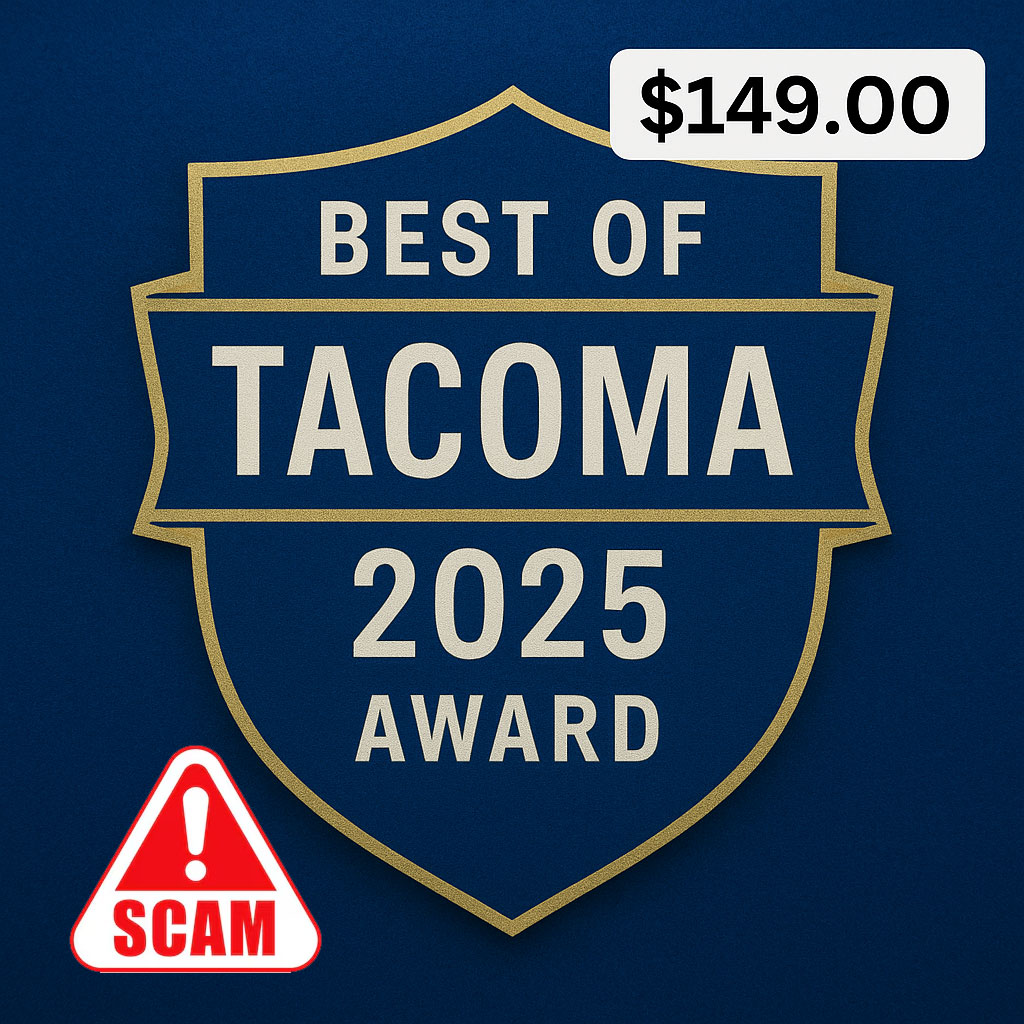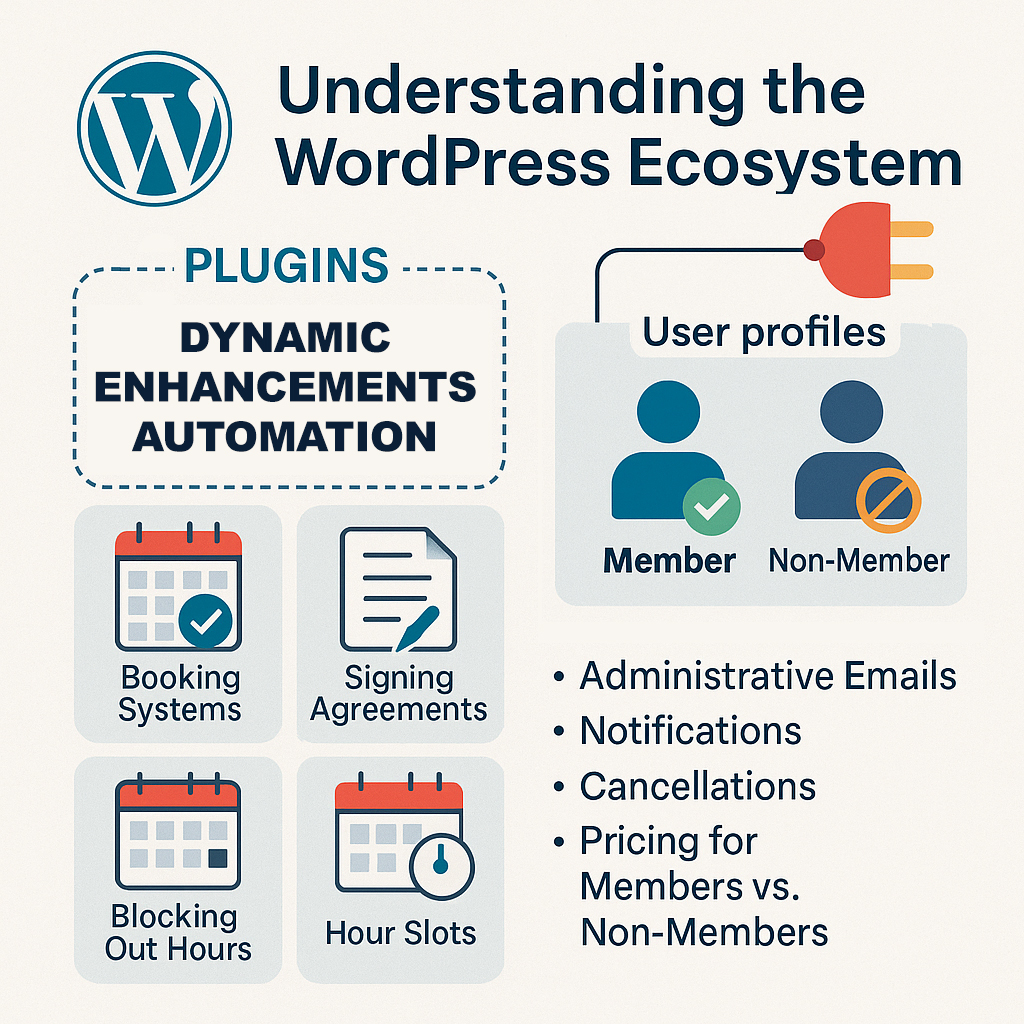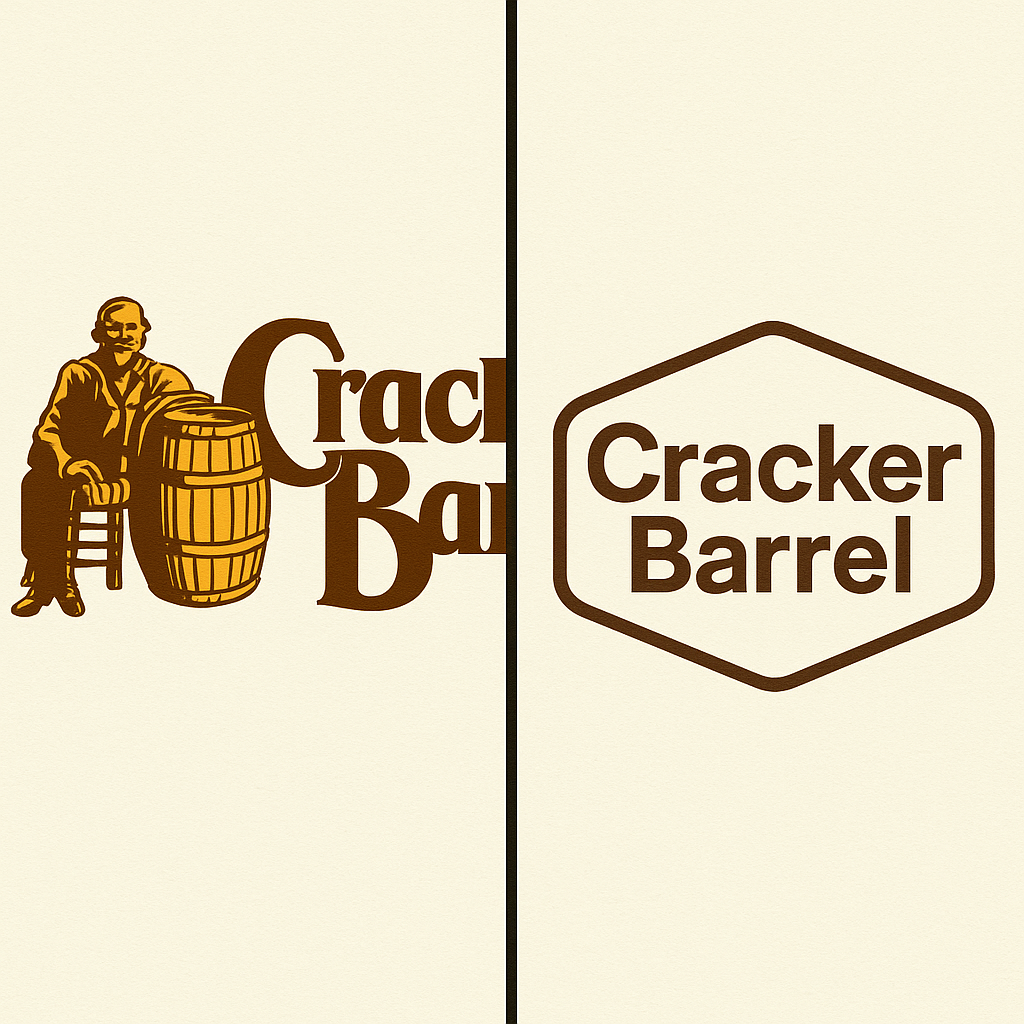If you own a business long enough, sooner or later you’ll get a congratulatory email telling you you’ve been “selected” for an exclusive award. It sounds flattering: your company has been recognized for excellence, leadership, customer satisfaction, and all the things you strive to uphold. The email might even come with a badge, certificate, or listing in an “exclusive directory” once you accept.
I’m often approached by clients asking for help in participating in these so-called recognition programs for their businesses. While a few may have some genuine value, most are little more than revenue generators for the hosting organization, offering winners very little in terms of real credibility. The effort involved—ranging from constant social media campaigning for votes to purchasing media kits and “social points” to gain an edge over competitors—can quickly add up to thousands of dollars, all for the chance to be labeled “the best.”
One such example making the rounds is from an entity calling itself the “WCBRB Worldwide Certified Business Review Board,” claiming you’ve been chosen as one of the “Best Businesses in America.” They tell you your business has been “evaluated and verified” to meet their high standards, and all you need to do is complete a form to accept your membership. While the offer may be dressed in professional language and polished graphics, there’s an important truth hiding behind the shine: these programs are almost always pay-to-play vanity awards.
The Better Business Bureau has long flagged schemes like “Best of [City] Awards,” where businesses are “selected” and then asked to pay for trophies or plaques—these often appear in email solicitations and use generic formats such as “Peoria Award Program” or “Memphis Award Program.” Such campaigns frequently customize location names to seem local.
A vanity award is rarely based on independent research, peer review, or measurable achievement. In most cases, the organization “selects” every business it contacts, then charges a fee in exchange for a certificate, badge, and sometimes a spot on its website. There is no real vetting, no competitive process, and no recognized authority behind the name. The only value comes from the promotional materials the group provides—materials that any business can obtain as long as they’re willing to pay.
Some of these organizations add a “voting system” into the mix, but it’s not a publicized, neutral contest. Instead, the burden is on you, the business owner, to promote the voting on your own. That means pushing out posts on your social media, adding calls-to-action to your website, and even sending email blasts to your customer list—essentially campaigning for votes to prove your worthiness.
These offers almost always appear out of nowhere. No one from the awarding organization has interacted with your business, reviewed your operations, or spoken to your customers. The “standards” they claim you’ve met are typically vague, feel-good statements like “strong vision” or “customer-centric approach,” which could apply to almost any business.
5 tips to avoid vanity business scams.
- Research: Research the award and the organization offering it. Look for information about the award on the organization’s website and do a quick online search to see if the award is legitimate. Check to see if the organization is a registered business or non-profit and if it has any accreditations or certifications.
- Be Cautious: Be cautious of awards that are not transparent about the criteria or selection process used to determine the winners.
- Don’t Be Impressed: Don’t be swayed by impressive-sounding titles or logos. Just because an award has a fancy name or logo doesn’t mean it’s legitimate.
- Use Trusted Sources: Get recommendations from trusted sources. If you’re considering applying for an award, ask colleagues or industry associations if they have any experience with the award or the organization offering it.
- Ask Question: Don’t be afraid to ask questions. If you have any doubts or concerns about an award or organization, don’t be afraid to reach out and ask questions. A legitimate organization should be willing to provide information about the award and the selection process.
For small business owners eager for recognition, this can be tempting. The idea of showcasing an award on your website or social media might feel like a boost to credibility. But customers and industry peers are increasingly savvy about these programs, and an association with a pay-for-recognition scheme can do more harm to your reputation than good. Real awards—those from established trade organizations, industry associations, or well-known community groups—carry weight because they are selective, competitive, and tied to actual achievement.
The best way to protect yourself is to look past the flattery and ask questions: Who is offering this award? How are businesses chosen? Is there a cost to participate? Has this organization been recognized by credible sources in your industry? When the answers are vague, evasive, or point back to a payment requirement, you’re likely dealing with a vanity award.
In short, if an award offer arrives in your inbox out of the blue, demands a fee, and comes from an organization you’ve never heard of, it’s probably not worth your time or money. Real recognition comes from authentic work, trusted peers, and legitimate institutions—not from a certificate you can buy. Check with your local chamber, or newspaper to vet any awards programs that come out of nowhere in your inbox. If you truly want to work with an organization, always find out how long they have been in existence, who past winners are, and keep in mind, that if you are asked to pay for promotion materials, pay for your award, or pay for social points to gain an edge, it is not a legitimate organization truly recogizing your standing in the business community, but a “money grab” socially engineered to play on your emotions and need for recognition.





